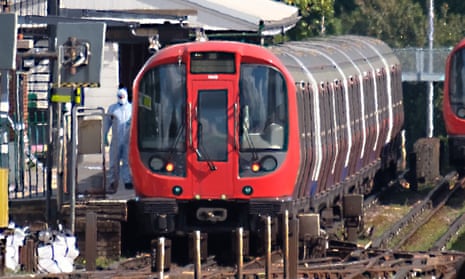It was nearly a decade ago now, when social media – and indeed my children – were in their infancy. My eldest son, then six, had a favourite toy, a remote-control car that could navigate water as well as land. He filmed it in the park, as it ploughed through muddy puddles, and wanted to post the video on YouTube. To add to what was then a novel experience, he added a soundtrack. To reinforce the watery theme, he chose Neil Young’s Down by the River.
We posted it and he was delighted with the handful of views it generated. But then came disappointment. Suddenly, the short video was rendered mute. YouTube had discovered the unauthorised use of Young’s music and removed the song, due to a “copyright infringement”.
My son was dismayed, but I was intrigued. With what all-seeing genius was this tech giant blessed, that it could spot a commercial violation in a video that almost no one will have watched? Truly, nothing eluded its gaze.
So I have some sympathy with Theresa May, who sits down with the internet’s biggest players in New York today. She is surely right to tell the likes of Facebook, Twitter and Google that they need to do more to remove material that enables terrorists to wreak havoc, whether by motivating followers to kill or demonstrating the technical means to do so.
The British prime minister will be right to be sceptical of the tech corporations’ claims that there is little they can do, that there is simply too much content on their platforms for them to supervise it properly. After all, if they had the capacity to strip a song off a child’s homemade toy movie back in 2008, they can surely weed out a “how to make a bomb” video now.
May would also be justified in giving short shrift to the kind of answers Google’s general counsel Kent Walker served up to BBC Radio 4’s Gordon Corera this morning. Why, Corera asked, was it the job of the police or others to flag up online material that violated the tech companies’ guidelines? Shouldn’t the companies be doing that themselves? “It’s a shared responsibility,” said Walker smoothly.
Imagine if the editor of this or any other newspaper said that weeding out murderous content from our site was not our duty, but a “shared responsibility”? This, I know, is the oldest of old chestnuts: the insistence by Facebook, Twitter and the like that they are mere platforms rather than publishers. May would have every right to challenge that self-serving distinction, even to recall the words of her long-ago predecessor, Stanley Baldwin, who accused the press barons of that age of exercising “the prerogative of the harlot”: power without responsibility. Today’s mighty corporations of the internet have enormous power. It’s about time they took responsibility.
And yet, for all that, it will be hard to cheer the PM more than halfheartedly. For this has been a refrain of hers for at least seven years, stretching back to the start of her tenure as home secretary in 2010. Bashing the tech giants for their dissemination of extremist words and pictures has long been the government’s default reaction to any terrorist attack. And it is suspiciously convenient.
Just last week, the response to the failed bomb attack at Parsons Green underground station included a fully briefed Daily Mail front-page story headlined, “Web giants with blood on their hands”. How much easier to make that the topic of debate rather than, say, the cutting of 20,000 police officers since 2010?
The big beasts of the internet are a handy, perennial receptacle for blame. The fury and angst that, understandably, follows any act of terrifying violence can be reliably diverted from those whose prime task is the protection of the country’s citizens, namely the government, to the mammoth corporations who now control the bulk of the world’s information.
Don’t get me wrong, those companies can and should do much more. But they are not the only ones with power seeking to shake off responsibility.

